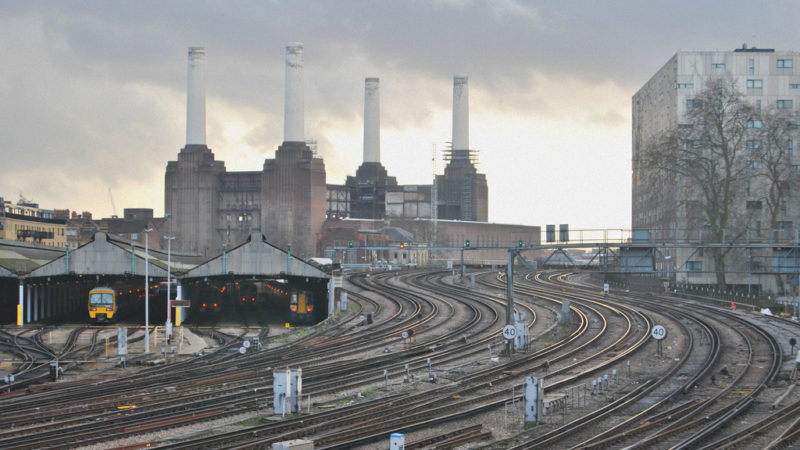A new report sets out some radical models for democratic ownership, ahead of a live Left Foot Forward/Co-Operative Party Q&A this Friday.

The privatisations of the 1980s were supposed to create a ‘shareholder democracy’ in the UK – one where we all owned some private stake in newly-privatised companies. That Thatcherite vision has been one almighty flop.
Today, our utilities are in the hands of the wealthy and powerful: many of the privatised companies soon came off the stock market and got gobbled up by institutional investors. Only around one in nine people hold any shares themselves.
Or foreign governments, in fact: state-owned corporations from other countries account for 25% of the UK’s energy sector, and 68% of the UK’s nuclear power. Half the 1.7bn passenger journeys made in the UK each year are on trains belonging to firms which are ultimately owned by overseas governments.
The problems that stem from this are obvious for us to see: the Big Six cartel in our energy sector, and rising rail fares while the state shoulders the burden for investment. But what’s the alternative?
Taking industries under the control of a single government-run company no longer seems like the solution – and progressives are looking at more democratic, decentralised ways of running our economy.
It is a theme that the Labour party has been starting to take on – with Corbyn telling a conference on ‘Alternative Models of Ownership’ in February that it was an economic priority:
“This is not a return to the 20th century model of nationalisation but a catapult into 21st century public ownership.”
He noted research by the Transnational Institute, which identifies 835 international examples of privatisation being reversed.
This week, the Co-operative Party, Labour’s sister Party, published detailed proposals for how to achieve that vision of ’21st century public ownership’: the new models of democratic control for key industries including water, energy and rail.
The ‘how we pay for it’ case for public ownership has already been made – John McDonnell has said government bonds could be swapped directly for shares in a revenue-producing company, with the future profits then paying this back.
But the ‘how we run the industries’ question is only just being answered.
The Co-Operative Party’s report cautions the Labour leadership to put ‘democracy and accountability…at the heart of new publicly-owned models.’
The argument is that public ownership does not have to mean a return to the models of the past – instead, consumers and the workforce must have a real say in the running of these industries in the future.
The report calls for:
- Not-for-profit, regional water companies which are owned and run by accountable trusts made up of employees and consumers.
- Rail services run by not-for-profit train service providers replacing train operating companies, and a new democratic ‘Guiding Mind’ for the railways to take over from Network Rail.
- A new Energy Security Board, accountable to energy customers, employees and other stakeholders, and charged with securing the nation’s energy future; democratic regional distribution grids owned and run by consumer and employee trusts; a new generation of community-owned and co-operative renewable generation and energy supply; and a publicly-owned power generation company for large-scale generation.
We can learn from examples close to home: Welsh Water (Glas Cymru) became a not-for-profit company limited by guarantee in 2000 after “a peoples bid” to take it out of private ownership. Since then more than £180m has been returned to customers in dividends.
Co-operative Party General Secretary Claire McCarthy said:
“Those who want to continue to defend the failed privatisations of rail, energy and water will no longer be able to use the smokescreen that any alternative means a return to the past. What this document sets out is a radical vision for democratic public ownership for the 21st Century.
“Public ownership is now a mainstream political position backed by the majority. The time has come to focus on how it can be achieved, and how we maximise the benefits to consumers, employees and the taxpayer. We offer the proposals in this report as a contribution to these discussions.”
Left Foot Forward will be holding a live Q&A with Anna Birley on Facebook at 1:30pm this Friday.
Josiah Mortimer is Editor of Left Foot Forward. Follow him on Twitter.
Read the Co-Operative Party’s new report, ‘Democratic public ownership for the 21st century’.
To reach hundreds of thousands of new readers we need to grow our donor base substantially.
That's why in 2024, we are seeking to generate 150 additional regular donors to support Left Foot Forward's work.
We still need another 117 people to donate to hit the target. You can help. Donate today.



